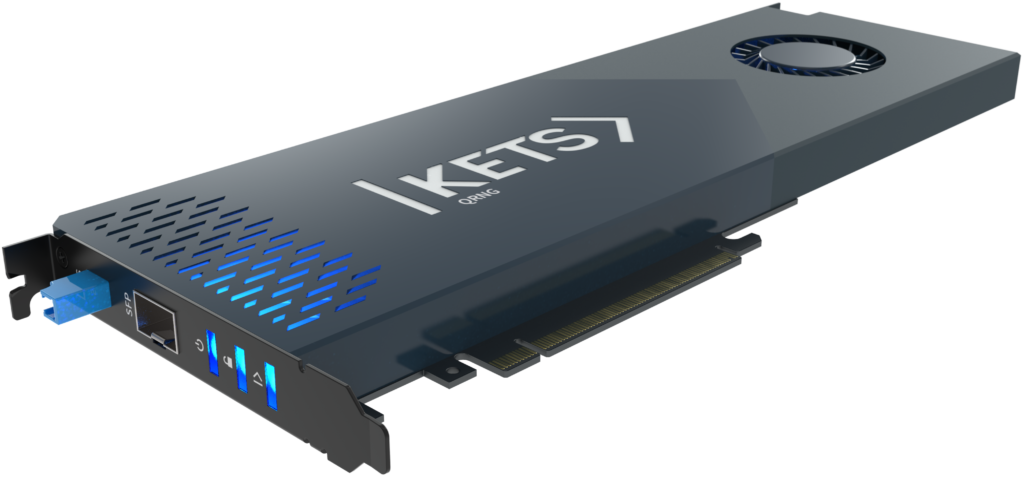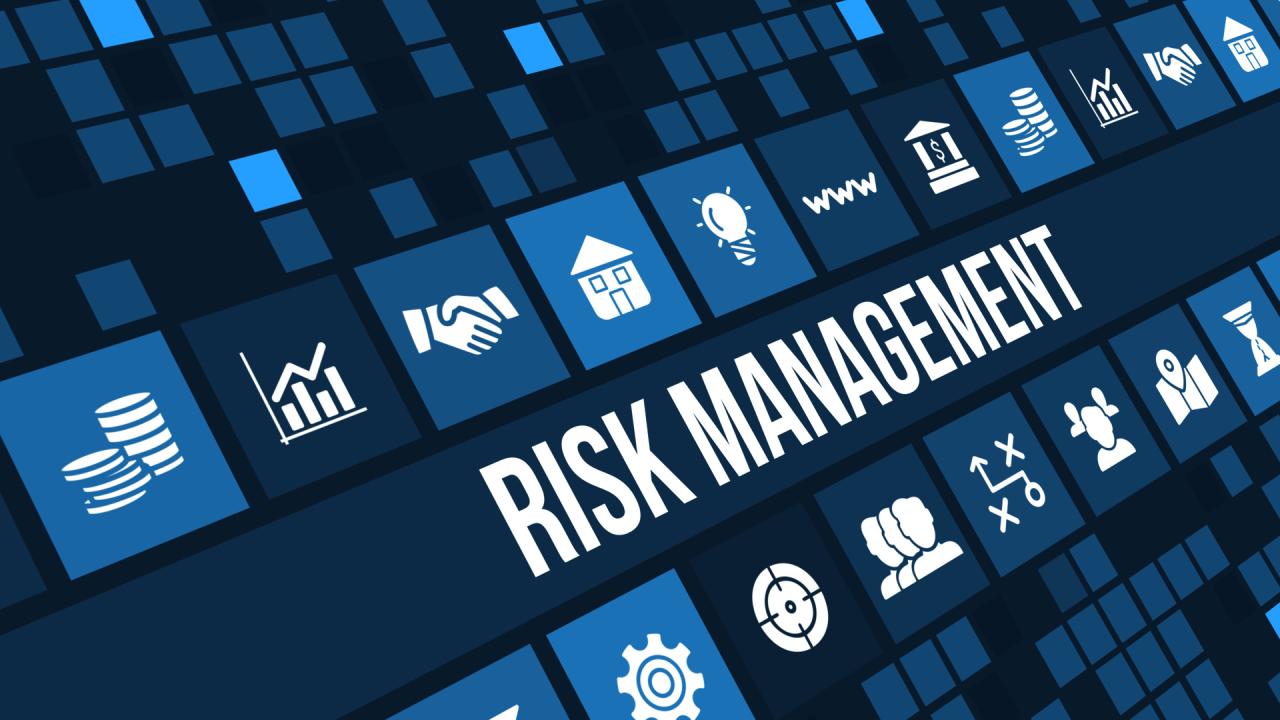In a world where digital security, complex simulations, and AI algorithms increasingly depend on randomness, the quality and unpredictability of random numbers have never been more critical. Traditional random number generators (RNGs) are based on mathematical algorithms or physical noise, which while effective can be predictable or vulnerable to exploitation.
Enter the Quantum Random Number Generator (QRNG): a revolutionary device that taps into the inherent uncertainty of quantum mechanics to produce truly random numbers. Unlike pseudo-random systems that mimic randomness, QRNGs generate sequences that are impossible to reproduce or predict.
In this article, we’ll explore how quantum random generators are accelerating technological advancement across industries, from cybersecurity to AI. We’ll also look at how QRNGs work, where they’re being implemented, the key players in the field, and what the future holds.
What Is a Quantum Random Number Generator?
A Quantum Random Number Generator (QRNG) is a device that uses quantum phenomena such as photon behavior, particle decay, or electron spin to generate random numbers that are fundamentally unpredictable.
Unlike traditional RNGs that rely on deterministic processes (like computer algorithms), QRNGs derive randomness from quantum entropy the unpredictable behavior of particles at the quantum level.
How Does a QRNG Work?
The basic operation of a QRNG involves observing quantum processes to derive random output. Let’s break down a typical setup:
A. Quantum Source
A source emits quantum particles often photons (light particles) in a specific controlled state.
B. Measurement Device
These photons pass through a quantum measurement system, such as a beam splitter or polarizer, which directs them randomly due to quantum uncertainty.
C. Detector
Sensitive detectors record the outcome of each quantum interaction, often as a binary value (e.g., 0 or 1), creating a random bit.
D. Post Processing
Raw output is refined through entropy extraction or hashing algorithms to remove any bias or noise, producing a stream of high quality, usable random numbers.
Why Quantum Randomness Is Superior
Quantum random number generators provide several advantages over classical systems:
A. True Randomness
Quantum systems behave unpredictably by nature. This ensures genuine entropy, unlike algorithmic pseudo-random generators.
B. Unhackable Security
Because QRNGs are based on physical events that cannot be reverse-engineered, they are immune to prediction or manipulation.
C. High-Speed Generation
Modern QRNGs can produce random numbers at rates of megabits to gigabits per second, enabling real-time applications.
D. Miniaturization Potential
QRNG components can be integrated into chips and mobile devices, opening the door to widespread consumer use.
Applications of Quantum Random Number Generators
The applications of QRNGs span multiple industries, each benefiting from enhanced randomness and security.
A. Cybersecurity
QRNGs are used to generate cryptographic keys that cannot be predicted or intercepted, even by powerful quantum computers. This strengthens:
-
End-to-end encryption
-
Secure messaging apps
-
VPN and TLS connections
-
Digital signatures
B. Cloud Computing and Data Centers
Major cloud service providers are exploring QRNGs for secure:
-
Data storage encryption
-
Random session generation
-
Authentication tokens
C. Financial Systems
In high-stakes financial environments, QRNGs can:
-
Protect transactions
-
Enhance blockchain randomness
-
Secure smart contracts
D. Artificial Intelligence
Randomness is essential for machine learning models, especially during:
-
Weight initialization
-
Data shuffling
-
Model testing and validation
QRNGs improve AI robustness by introducing bias free randomness.
E. National Defense
Government agencies use QRNGs in military applications where data integrity, stealth communication, and encryption are non negotiable.
F. Scientific Research and Simulation
Monte Carlo simulations, particle physics experiments, and weather modeling all rely on vast amounts of high quality random data, now enhanced with QRNG capabilities.
Real World Implementations

Numerous governments, corporations, and startups are investing heavily in QRNG technology. Here are some notable implementations:
A. ID Quantique (Switzerland)
A pioneer in quantum safe cryptography, ID Quantique produces commercial QRNGs integrated into:
-
High end servers
-
Network routers
-
Quantum safe encryption modules
They also offer USB devices and cloud based random number services.
B. QuintessenceLabs (Australia)
This company has developed compact QRNG devices suitable for enterprise environments. Their tech is used in:
-
Government data protection
-
Financial institution security
C. Toshiba and NTT (Japan)
These tech giants are working on quantum key distribution networks and QRNG integration into telecommunication infrastructure.
D. QuantumCTek (China)
One of China’s leading quantum tech firms, QuantumCTek supplies QRNG chips and modules for use in military grade and commercial applications.
E. University Labs
Research centers such as MIT, University of Geneva, and Cambridge Quantum have been pivotal in pushing the boundaries of QRNG efficiency and scalability.
How QRNGs Differ from Traditional RNGs
| Feature | Traditional RNG | Quantum RNG |
|---|---|---|
| Source of Randomness | Algorithms / Physical Noise | Quantum Mechanics |
| Predictability | Pseudo-Random | Truly Random |
| Vulnerability | Hackable | Virtually Unhackable |
| Speed | Varies | High-speed (up to Gbps) |
| Application Suitability | General-purpose | High-security and critical systems |
Integration in Consumer Technology
As QRNG hardware becomes more compact, integration into consumer tech is underway:
A. Smartphones
Future smartphones may include embedded QRNG chips for:
-
Encrypted calls
-
Secure app logins
-
Private messaging
B. Internet of Things (IoT)
IoT devices, such as smart home gadgets, will benefit from QRNG-enhanced security to prevent hacking and data breaches.
C. Web Browsers and Apps
Browsers may soon integrate QRNG APIs to generate more secure:
-
Session tokens
-
Cookies
-
Authentication challenges
Challenges Facing QRNG Adoption
Despite the enormous potential, QRNG technology still faces several challenges:
A. Cost and Scalability
Producing high-quality QRNG components is still expensive compared to software-based RNGs. Mass production and integration are in early stages.
B. Standardization
Lack of industry wide standards can slow adoption. Bodies like NIST and ISO are beginning to develop certification procedures.
C. Public Awareness
Many consumers and even enterprises remain unaware of the vulnerability of traditional RNGs or the advantages of quantum based systems.
D. Hardware Reliability
Quantum devices require extreme sensitivity and calibration, which can be a challenge in rugged or mobile environments.
Future Outlook: What’s Next for QRNG?

The development of quantum technologies is accelerating globally. With QRNGs playing a foundational role, the future is promising.
A. Government Adoption
Expect QRNGs to become mandatory for national security systems, from communication channels to digital infrastructure.
B. Mass Commercialization
QRNG modules will likely be integrated into:
-
Smart TVs
-
Wearables
-
Home routers
C. Open APIs and SDKs
Cloud-based QRNG services and APIs are already being offered by companies like ID Quantique and Amazon Braket, enabling developers to:
-
Access quantum entropy streams
-
Build secure applications
-
Enhance machine learning models
D. Quantum Internet
In future quantum networks, QRNGs will be a key component in generating quantum keys for secure global communication.
Ethical and Philosophical Implications
The rise of QRNG also invites philosophical questions about determinism vs. randomness. For the first time, technology allows us to harness the pure indeterminacy of nature in practical applications.
From a privacy standpoint, QRNGs empower citizens and companies to reclaim control over their digital presence in an age of surveillance.
Quantum Random Number Generators are not just another piece of technology they are a paradigm shift. By accessing the true randomness of nature, they provide unprecedented levels of security, fairness, and reliability in everything from digital communication to scientific research.
As computing, AI, and data security grow more advanced, the demand for trustworthy randomness will only intensify. QRNGs are already answering that call and their role will only expand in the years to come.












